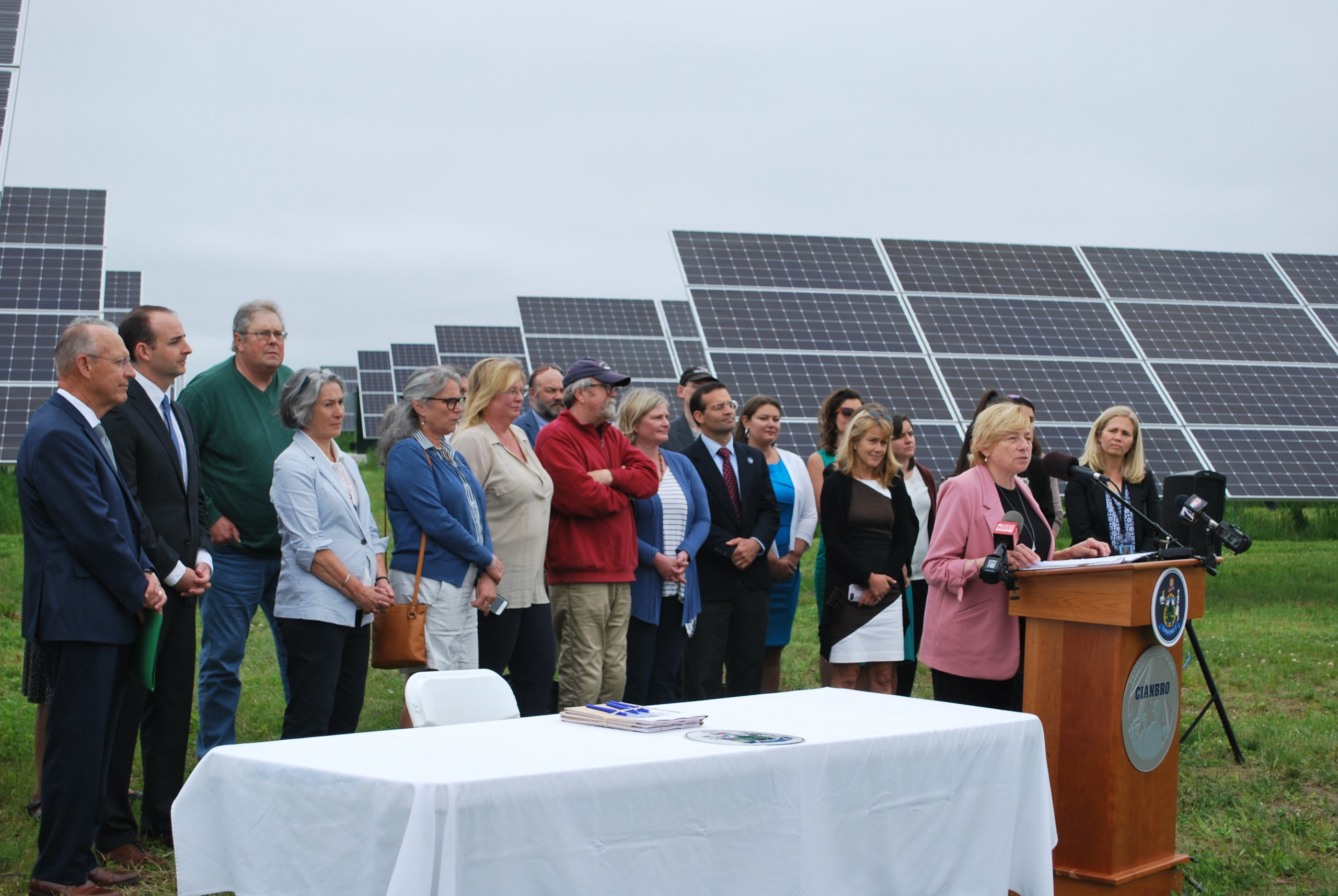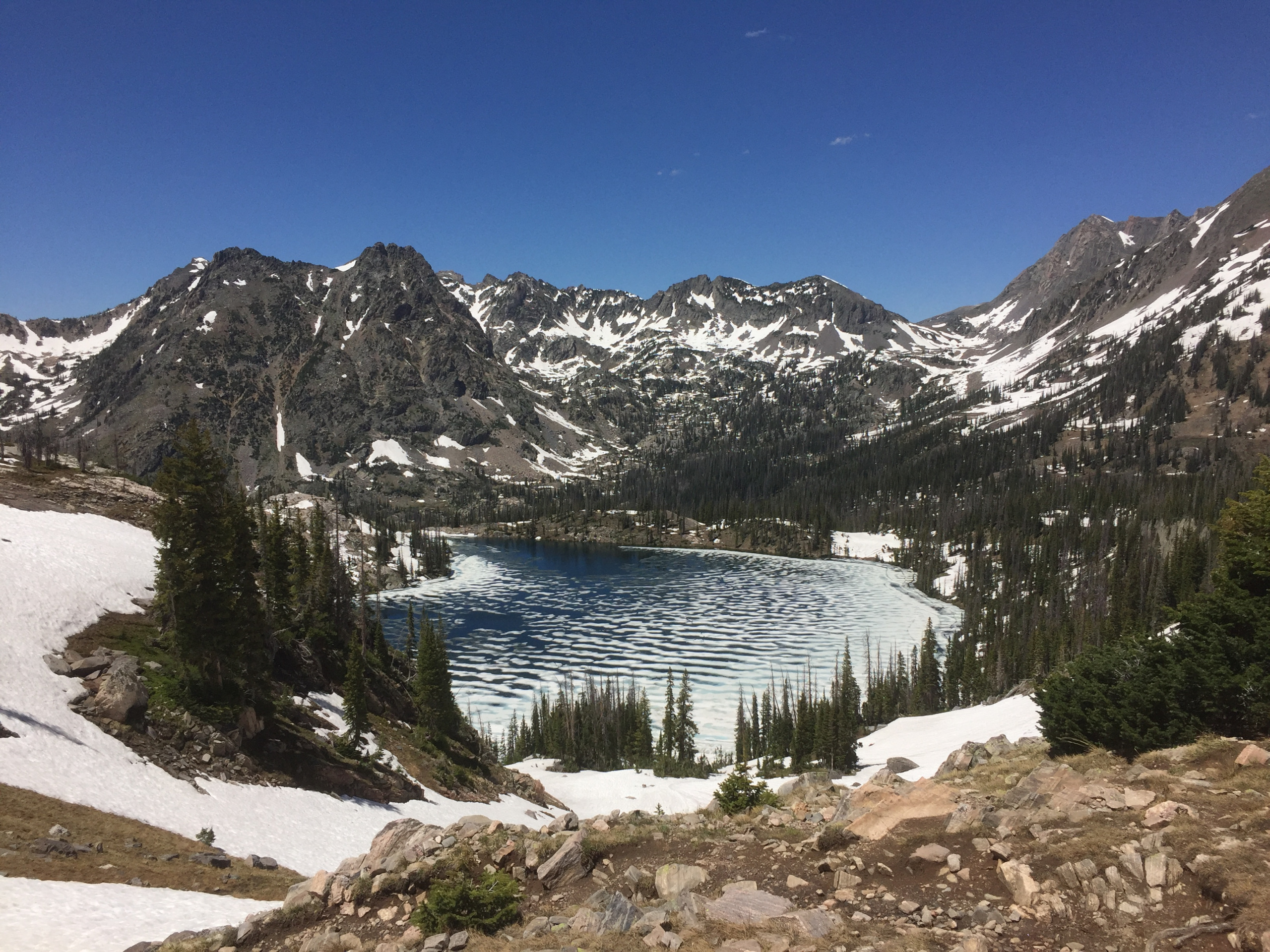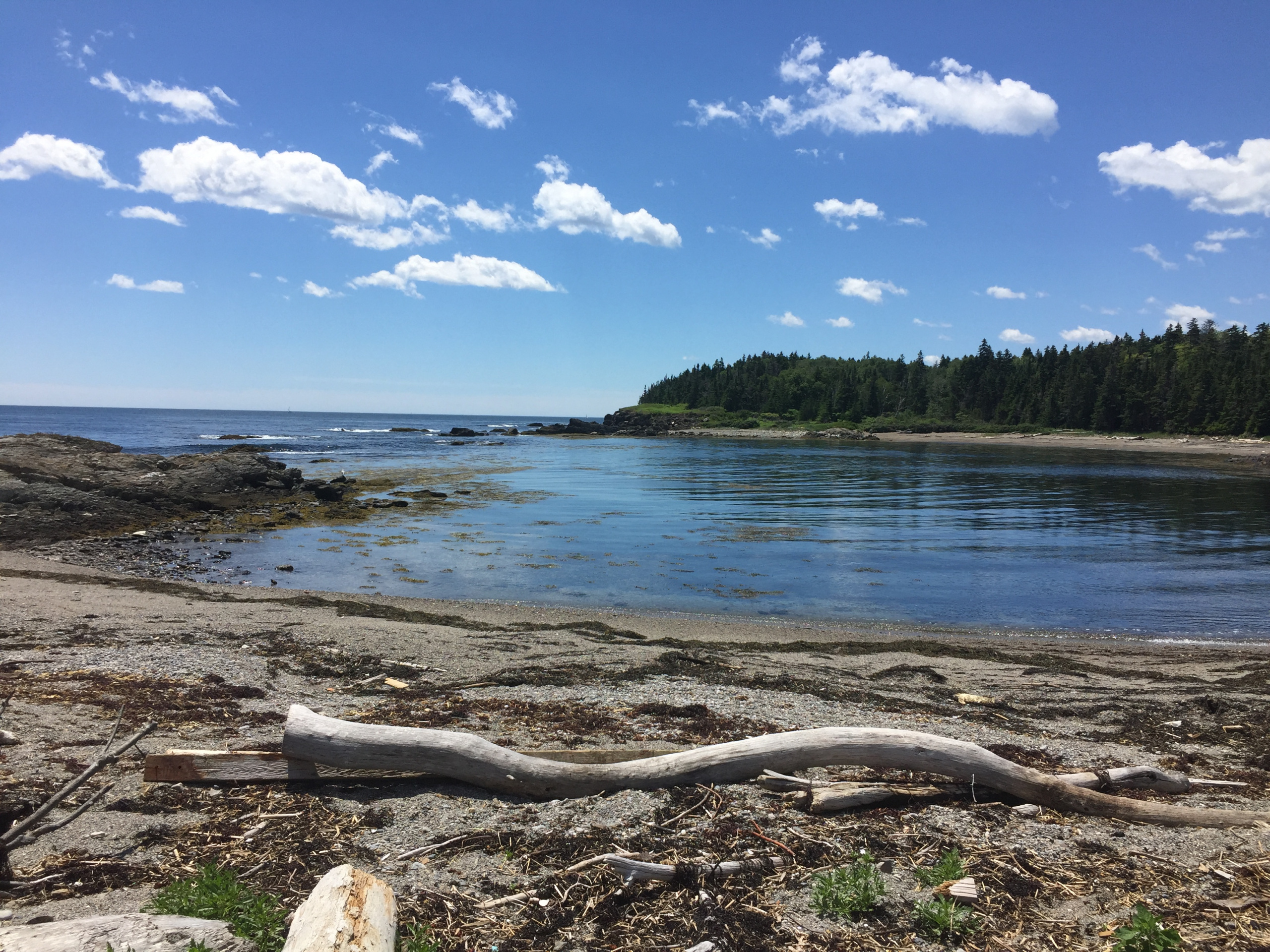Maine and Colorado are setting the pace for climate action in 2019
New governors across the country have grabbed the mantle to address the climate crisis

Maine Gov. Janet Mills speaks at a signing ceremony for three major clean energy and global warming bills. Photo: Office of Governor Janet T. Mills.
At first blush, it might not seem like Colorado and Maine have much in common. The Centennial State is land-locked, while the Pine Tree State boasts one of the longest coastlines of any state in the country. They’re about 2,000 miles apart — one in the American West, one in New England — and have vastly different climates.
But they have one incredibly important similarity. And it’s not that I’ve spent big chunks of my life in both states.
Over the first half of 2019, new governors in both states — Colorado Gov. Jared Polis and Maine Gov. Janet Mills — took decisive action to tackle our biggest environmental challenges.
At the beginning of this year, Frontier Group and Environment America Research and Policy Center released a report urging the 20 newly elected, incoming governors to “prioritize taking bold action on the greatest challenge of our time: climate change.” It then zeroed in on 12 actions they could take — some with the stroke of a pen — to curb greenhouse gas emissions and transition to clean energy. Examples include setting strong clean energy and emissions reductions goals, directing state agencies to adopt electric vehicles and setting strong energy building codes.
Environment Maine director Carissa Maurin even handed Gov. Mills a copy of the new report in person at a clean energy event a couple weeks after the governor was inaugurated. From the outset, Mills considered climate change a “top priority,” and said in direct response to the report: “Taking immediate action to diversify our energy resources, reduce our dependence on fossil fuels, and champion new ways to strengthen our state’s economy and the health of our communities should be our goal. I appreciate the ideas included in this report and will take them into consideration as we work to combat climate change.”
The clarion call came at a critical time. With the prospects of federal action on climate change slim to none, and with scientists describing in increasingly dire terms the urgency of the climate crisis, we knew we had to look to states to pick up the slack. Those 20 newly elected governors represented states that are home to 150 million people and that emit 2.1 billion metric tons of carbon dioxide each year. That’s nearly half of all U.S. emissions and more than any country in the world besides India and China.
In other words, if those 20 states implemented some of our suggestions, they could help put the country on a path to a future that avoids the worst impacts of global warming.
Fast-forward to now, and I’m happy to report that my two home states are number one and number two in the country for climate action. According to a recent analysis we conducted, Colorado took action in eight of the 12 categories, and Maine checked off six over the first half of 2019. Overall, 14 of the 20 states with new governors took at least one of the actions laid out in the report.
Colorado, under the leadership of Gov. Polis, was able to top the list despite having just a five-month legislative session. Right out of the gate, on Jan. 17, he signed an executive order to kickstart Colorado’s trajectory toward implementing the Zero Emission Vehicle (ZEV) standards. The ZEV standards were originally set by California, and require automakers to sell electric vehicles. Nine other states have officially adopted California’s standards.
At the end of the session, on May 30, he signed several bills into law that aim to reduce global warming emissions, including one that sets a goal of lowering 2050 greenhouse gas emissions 90 percent below 2005 levels. This fits into the Polis administration’s overall goal of 100 percent renewable electricity by 2045.

Gov. Polis’ climate action will help preserve beautiful Colorado open spaces like the Mount Zirkel Wilderness. Photo: Ross Sherman.
In Maine, following eight years of an administration that was hostile to clean energy and climate action, Gov. Mills delivered a flurry of activity. She quickly signed executive orders to end a moratorium on wind turbine permits and to join the U.S. Climate Alliance, which set the tone for what was to come.
Over the course of a month and a half, the Maine Legislature passed and the governor signed bills banning, in most instances, polystyrene (better known as Styrofoam) takeout containers and single-use plastic bags. Apart from helping to solve our massive plastic pollution crisis, policies that reduce waste also reduce global warming emissions.
Perhaps most significantly, in late June, Gov. Mills signed three bills that put Maine on a path to lowering greenhouse gas emissions to 80 percent below 1990 levels, and to shifting the state’s electricity sources to 100 percent renewable energy by 2050. Maine joins an elite, but growing, list of states (Hawaii, California, New Mexico and Washington) which have made the ultimate clean energy commitment — 100 percent.

Maine’s recent bans on polystyrene and single-use plastic bags will help ensure that the state’s picturesque islands and beaches stay clean, and fight global warming. Photo: Ross Sherman.
Of course, this is just a sampling of the many actions states took over the first half of the year (admittedly, I wanted to brag about my home states’ accomplishments). As mentioned, 14 states took at least one important climate action — and that list includes three states run by Republican governors (Florida, Maryland and Vermont). With partisan gridlock rearing its ugly head at the federal level, it’s inspiring to see bipartisanship at the state level, especially on an issue that affects everyone — no matter your political persuasion.
We have a lot more to do and a long way to go, but this progress is no joke. My hat is off to Govs. Polis and Mills and the long list of others who have taken action to preserve a more livable planet for generations to come. I look forward to celebrating more progress in the weeks, months and years to come.

